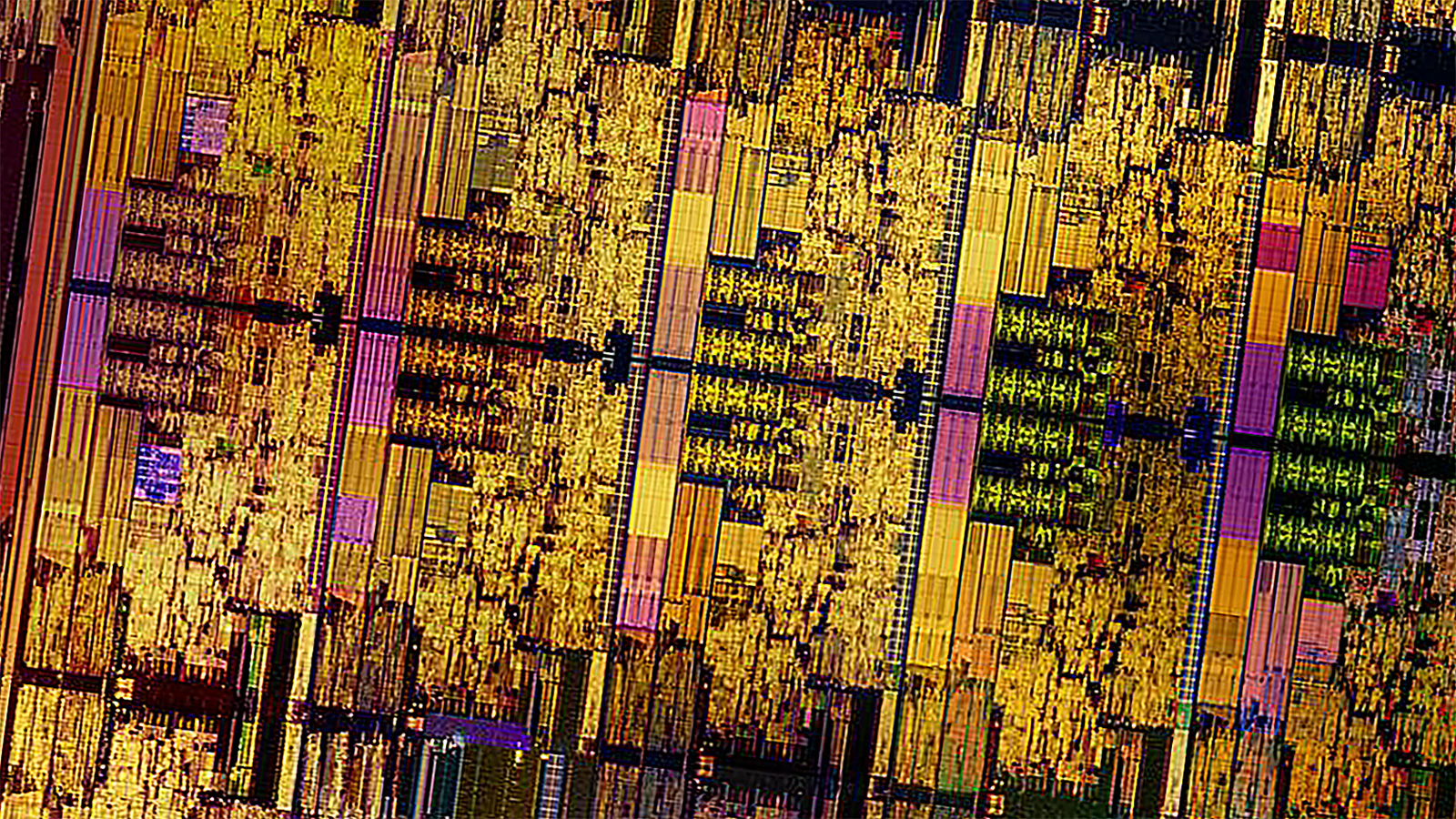Here come the class-action lawsuits against Intel over CPU security flaws
Intel faces three separate lawsuits, and that could be just the beginning.

It has only been a few days since security researchers revealed major processor vulnerabilities affecting a wide range of hardware and software platforms, and already at least three class-action lawsuits have been filed against Intel.
The lawsuits relate to Meltdown and Spectre, the names given to a pair of exploits that, between the two, can be leveraged against all CPUs made in the last two decades. If you haven't already, uou can get up to speed in our FAQ on the subject, which explains both exploits and who is most at risk.
Intel has bore the brunt of the initial fallout because at first it was reported that only its chips were affected. It was later learned that AMD and ARM hardware are susceptible too, specifically to Spectre. We wouldn't be surprised if they ended up facing class-action lawsuits as well.
For now, however, Intel is the one in the legal hot seat. Gizmodo rounded up all three lawsuits, which essentially allege an inherent design flaw that will ultimately slow down performance once patches are in place.
"Intel has been aware of a material defect in its microchips that leaves its customers susceptible to unauthorized access by hackers. The material defect lets hackers compromise the privileged memory of Intel’s processors by exploiting the way processes run in parallel. The material defect also lets hackers use code running in a browser to access memory in the attacker’s process, potentially exposing customers’ passwords and personal information. Intel knew of the material defect in its microchips and intentionally chose not to disclose the defect to its customers. Intel’s material defect can be patched—but patched computers, smartphones and devices suffer reduced performance," one of the lawsuits states.
The two others are similar in nature, one of which alleges a dramatic reduction in performance, rendering Intel's CPUs "unfit for their intended use and purpose."
In the days following the disclosure of the vulnerabilities, Intel has contended that it's incorrect to pin them on a "bug" or design "flaw," and that it's processors are working as intended. Intel also refutes early reports of significant performance degradation resulting from patches.
Keep up to date with the most important stories and the best deals, as picked by the PC Gamer team.
"Contrary to some reports, any performance impacts are workload-dependent, and, for the average computer user, should not be significant and will be mitigated over time," Intel said in an earlier statement.
We suspect more lawsuits will follow. In addition, the heat on Intel intensified after it was learned that its CEO, Bryan Krzanich, sold off millions of dollars of Intel stock after the disclosure. His fire sale of sorts was part of a 10b5-1 plan, which is a mechanism designed to help corporate insiders avoid accusation of insider trading by setting up plans to sell predetermined numbers of shares at a specific time. Still, it's a bad look for Intel, could potentially be used as fodder in the class-action suits that it now faces.
Paul has been playing PC games and raking his knuckles on computer hardware since the Commodore 64. He does not have any tattoos, but thinks it would be cool to get one that reads LOAD"*",8,1. In his off time, he rides motorcycles and wrestles alligators (only one of those is true).


